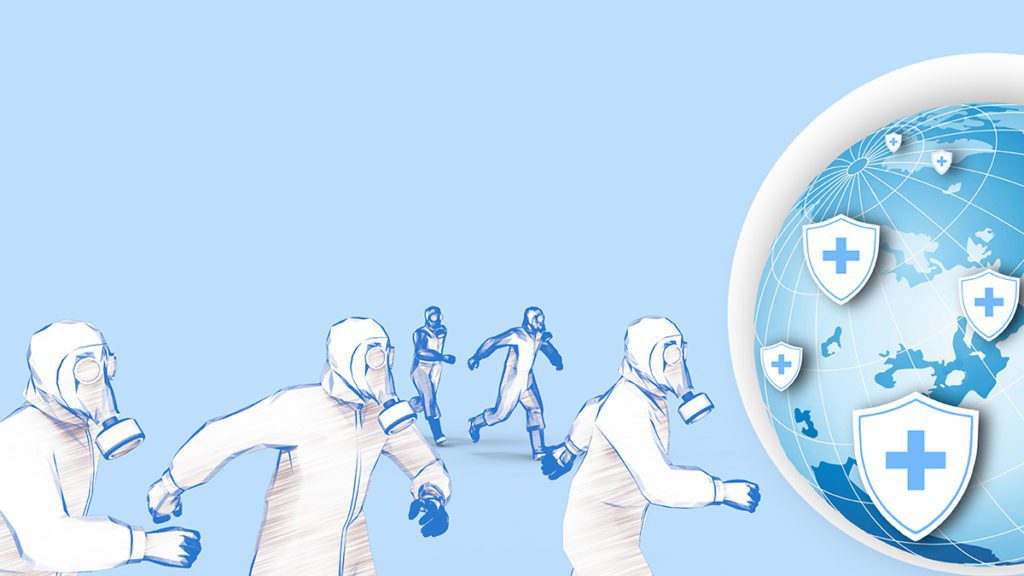China uses tech to fight Coronavirus outbreak

As the Coronavirus outbreak worsens in China, the government have introduced more stringent measures in an attempt to manage the fast-moving infection. The chosen route? Fight biohazard with big data.
New technology has been deployed to contain the disruption caused by the virus. From drones with thermal cameras, smart helmets, to disinfecting robots, and even facial recognition. The technology sector of China is rolling out everything it’s got against COVID-19.
The most recent trial is referred to by official sources as “Alipay Health Code.” A project headed by the local government in the city of Hangzhou, where the experiment began, assisted by Ant Financial, a sister company to the e-commerce giant, Alibaba Group. Users sign up through Alipay, Ant’s popular wallet app. Alipay Health Code has so far spread to over 200 cities, however, state officials say that the “conditions and environments are not yet ripe” to extend the reach of the system nationwide.
The software determines the contagious risk of an individual by continually tracking the user’s live location and travel history and assigns them a color code depending on the health risk they pose. Users must scan their bar code on the app before entering the subway, or going into densely populated areas. By gathering similar data from neighboring cities, surrounding areas, and other users’ apps, big data can help determine how at-risk a person is based on location, identifying hot-zones, and helping in diagnosis. This provides valuable information to curb the rapidly spreading virus.
If the assigned color of the barcode is green, the person is good to go and can freely use public facilities, subways, public space and work areas. If yellow, the person is required to stay at home for 7 days. And if red, the person is ordered to undergo quarantine for up to 2 weeks.
More details on how the software works have not yet been released, but an analysis by The New York Times has determined that the data gathered such as, one’s location, city name, and identity code, is shared with authorities and law enforcement.
This has of course posed itching concerns of privacy, and misuse of big data among many people around the world and within China should the technology remain after the virus crisis is averted.
“The coronavirus outbreak is proving to be one of those landmarks in the history of the spread of mass surveillance in China,” said Maya Wang, a China researcher for Human Rights Watch, adding that China has had a history of using major events such as the 2008 Beijing Olympics and the 2010 World Expo in Shanghai, as a precedent to enforce further government surveillance, and with the recent strides in facial recognition software, some capable of working around face masks, these concerns are becoming more concrete.
Big data is often correlated with big government, and accompanied by big concerns, but one cannot deny the utility in having such widespread tools feeding live information around the clock. Information is power, no matter what it may be used for.
